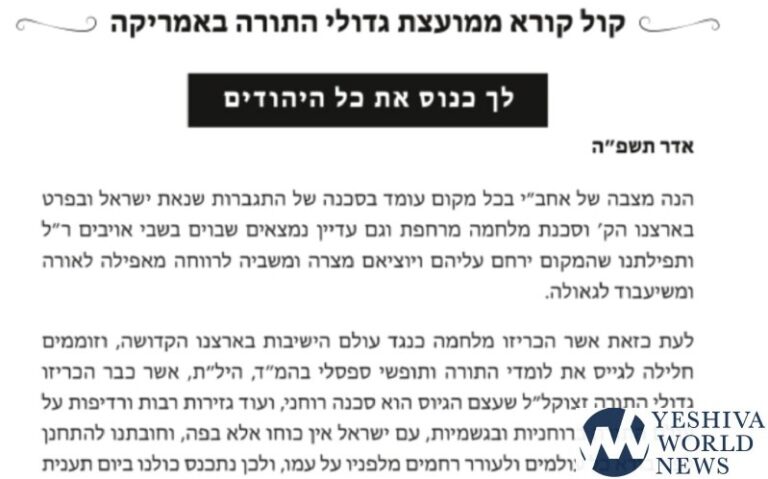 When it comes to real estate transactions, many clients have asked what exactly is a 1031 exchange, what are the guidelines and timelines, and can a 1031 exchange legally defer their capital gains taxes? This article attempts to explain the 1031 structure in its basic and most simple form.
When it comes to real estate transactions, many clients have asked what exactly is a 1031 exchange, what are the guidelines and timelines, and can a 1031 exchange legally defer their capital gains taxes? This article attempts to explain the 1031 structure in its basic and most simple form.
A l031 exchange is a transaction in which a taxpayer/investor is allowed to exchange an investment property for another investment property by deferring the tax consequence of a sale. Additionally, an investor may want to buy multiple properties requiring a more complex 1031 exchange. The limitation is three properties but there are different ways to complete the transactions in order to maximize the 1031 benefits. These types of transactions are authorized by §1031 of the IRS Code. In short, §1031 allows for a tax-deferred exchange. This means that taxpayers/investors do not have to pay a capital gains tax when they sell an investment property and reinvest the proceeds from that property into a like-kind or similar asset(s).
The IRS Code actually reads: “No gain or loss shall be recognized on the exchange of property held for productive use in a trade or business or for investment, if such property is exchanged solely for property of like kind, which is to be held either for productive use in a trade or business or for investment.”
Properties that DO NOT qualify under a 1031 exchange are personal residences, interests in partnerships, business inventory, and property owned by dealers.
In order to qualify for a 1031 exchange, many rules have to be followed. Beware – for the devil is in the detail.
Requirements for a 1031 Exchange
- Timelines for a 1031 Exchange
The investor (or exchanger) must follow the strict 45 / 180-day guidelines for a proper exchange. Once the exchanger sells his/her property (relinquished property) he/she has 45 days from the closing date of the property sold to identify new property(s) of equal or greater value. Once identified, the exchanger has 180 days from the day he/she sold their property to acquire the property(s) identified and close on the new property. The IRS offers no flexibility on these time periods.
- Like-Kind Property in a 1031 Exchange
The investor must acquire “like-kind” property. This means that it must be other qualifying forms of real estate. For example, the exchanger could sell a duplex and purchase a commercial property, or he/she could sell a piece of land and buy an apartment building. The property just needs to be “like-kind.”
- Exchange Property Held for Investment
The property sold (relinquished property) and the newly acquired property (replacement property) must be held for investment or business purposes. Therefore, you cannot sell your primary residence and buy an investment property, nor could you sell and investment property and purchase a primary home.
- Equal or Greater Debt and Equity in a 1031 Exchange
If the exchanger sells a property for $1 million, in which $500,000 was equity and $500,000 was debt, then the exchanger needs to purchase $1 million or more worth of property. Furthermore, the exchanger needs to use all the equity and replace all of the debt to defer 100% of the capital gains taxes.
The exchanger may add additional proceeds to the new purchase if he/she wishes and the exchanger can take on additional debt if desired as well. If the exchanger does not wish to use all of the sales proceeds he/she may do a partial exchange and pay the applicable capital gains taxes on the difference. This is referred to as “boot.”
- Constructive Receipt and Qualified Intermediary for a 1031 Exchange
The exchanger may not receive cash from the sale. This is known as “constructive receipt” and would trigger a taxable event on those monies received. According to the IRS safe harbor provisions, the exchanger must use a Qualified Intermediary or QI to facilitate the 1031 transaction.
The QI is an independent 3rd party (not your attorney, agent, broker or CPA) who holds the sales proceeds and purchases the replacement property on your behalf. It is extremely important in today’s environment to associate only with reputable, insured and bonded qualified intermediaries.
In conclusion, the main benefit of a 1031 exchange is the deferral of capital gains tax, which can be significant depending on the price of the properties involved. It is important to work closely with your accountant, tax advisor and real estate attorney to find the best possible structure for your needs. May we all find success in everything we do- Amen.
The attorneys in the Real Estate Practice Group at Yedid & Zeitoune have a combined 25 years of real estate experience and are ready to assist you with all your commercial & residential real estate needs.
Isaac Yedid, Esq. and Raymond Zeitoune, Esq.
Yedid & Zeitoune, PLLC
1172 Coney Island Avenue Brooklyn, New York 11230
Phone: (347) 461-9800 Fax: (718) 421-1695 Email: [email protected]
NYC Office – By Appointment Only:
152 Madison Avenue, Suite 1105 New York, New York 10016










